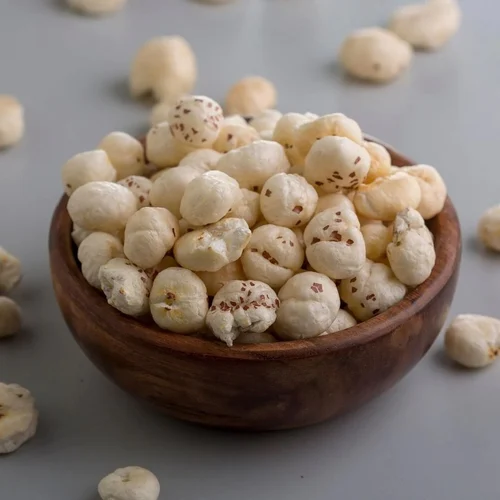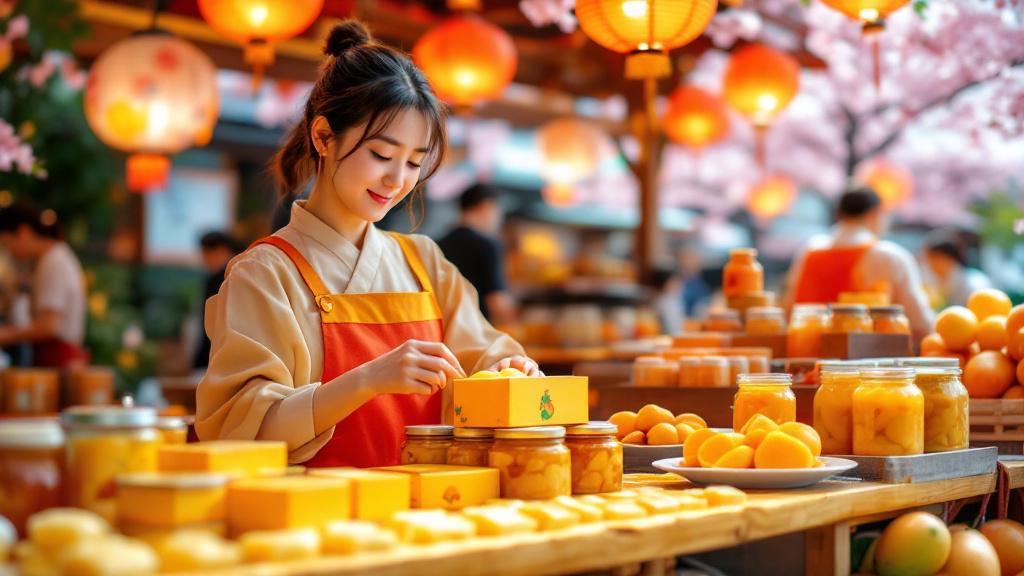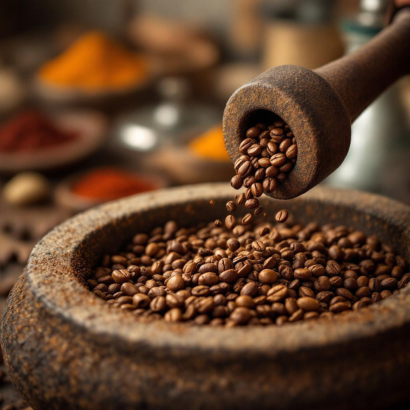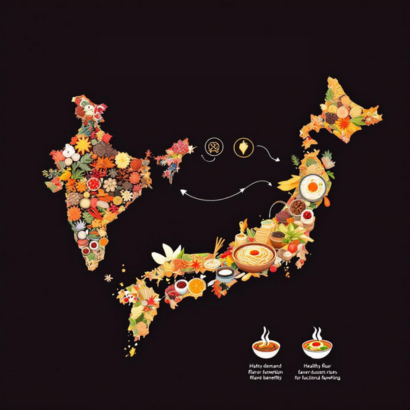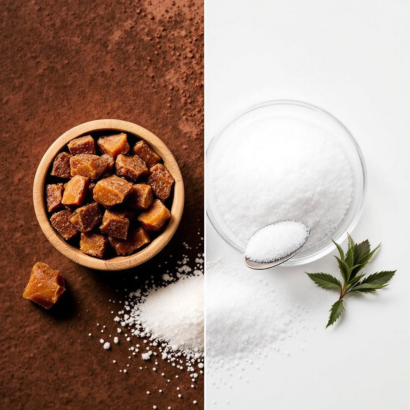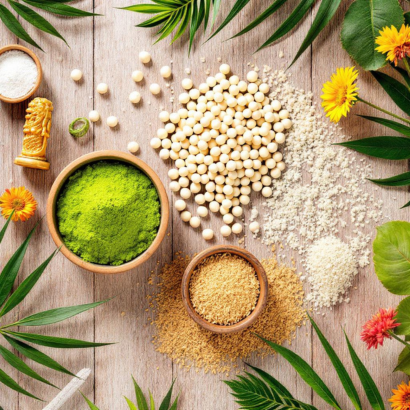Tea is more than just a drink in Egypt—it’s a part of daily life.
So, which type of tea suits the Egyptian market better—CTC or Orthodox? Let’s take a closer look.
1. What Are CTC and Orthodox Tea?
CTC Tea (Crush-Tear-Curl):
Made by crushing tea leaves through rollers with sharp teeth, CTC tea is granular, strong, and brews quickly. It’s perfect for people who like a bold flavor and a deep, dark cup.
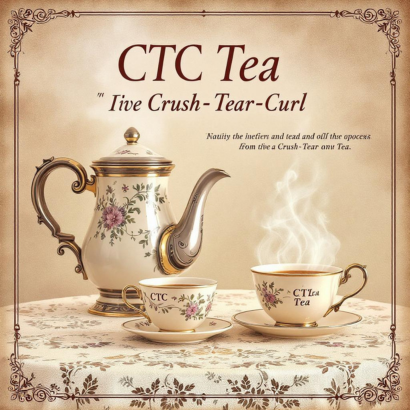
Orthodox Tea:
Made using traditional rolling methods, Orthodox teas come in different types (whole leaf, broken, fannings, dust). They offer more complex flavors, aromas, and textures, appealing to those who enjoy subtle taste differences.
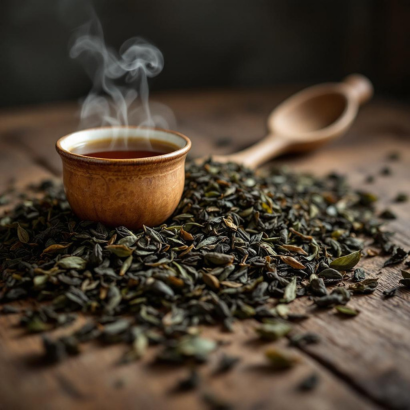
2. What Do Egyptians Prefer?
a. CTC Teas Are Most Popular
Egyptians like strong, brisk, dark teas, usually with sugar.
CTC teas fit this taste well—they brew fast, give a strong flavor, and are affordable.
Bulk CTC grades like BP (Broken Pekoe) and PF (Pekoe Fannings) are especially loved.
b. Orthodox Teas Have a Smaller Role
Orthodox whole leaf teas, popular in premium markets worldwide, have a smaller audience in Egypt.
Usually, only a niche group in cities who want premium or specialty teas buy them.
The wider market’s focus on price limits the growth of Orthodox teas.
3. Price and Buying Habits
Egypt is a price-sensitive market. CTC teas are usually cheaper than Orthodox teas.
Tea is drunk daily, often several times a day, so people prefer affordable options.
Importers looking for large sales volumes will find CTC teas a better fit.
4. Final Thoughts
For the mass market in Egypt, CTC teas clearly lead because they’re strong, affordable, and fit local tea habits.
Orthodox teas still have a place in niche, premium markets, especially in cities and among younger, brand-aware buyers.
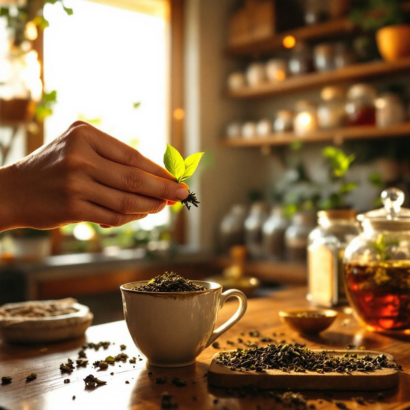
Conclusion
The Egyptian tea market is a unique mix of tradition, culture, and everyday enjoyment, where tea is more than just a drink—it’s a daily ritual. While both CTC and Orthodox teas are popular worldwide, Egyptians mostly prefer CTC teas because they are strong, bold, brew quickly, and are affordable. These qualities fit well with how Egyptians drink tea—often multiple times a day, usually sweetened and strong.
However, it’s not all about CTC. Orthodox teas, especially broken grades, are slowly gaining ground in niche and premium parts of the market. With changing lifestyles, more exposure to global tea trends, and younger city consumers wanting something different, Orthodox teas offer a premium choice alongside the popular CTC teas.



